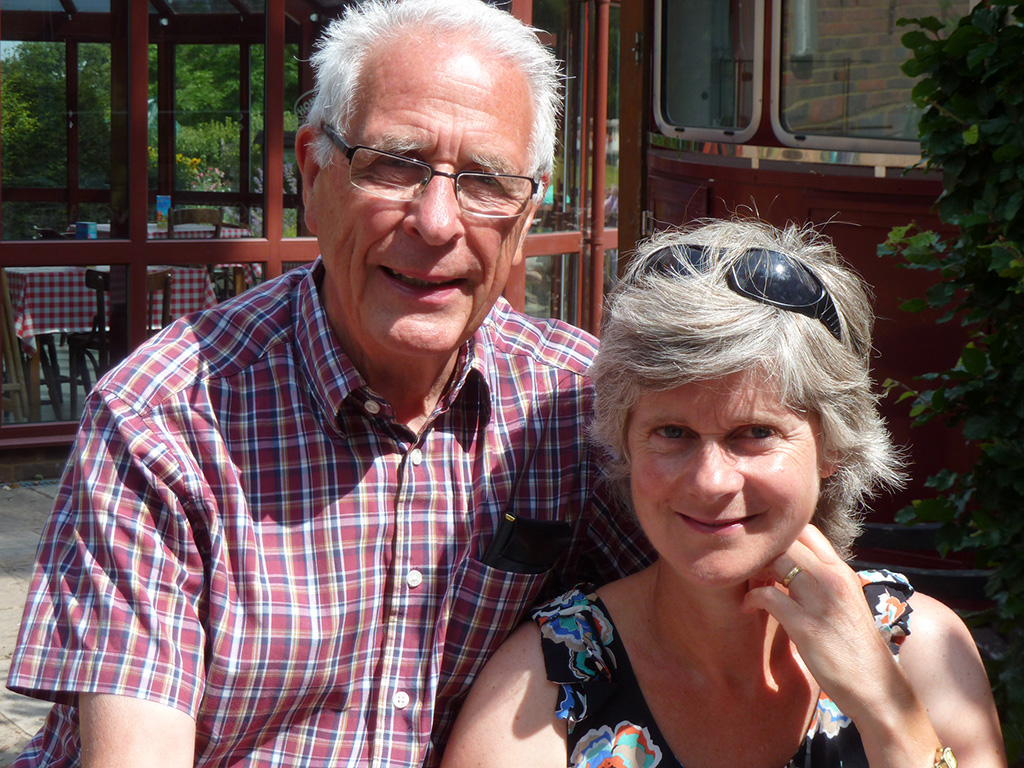“And so I urge you: carry on an ongoing conversation with God about the daily stuff of life, a little like Tevye in Fiddler on the Roof. For now, do not worry about ‘proper’ praying, just talk to God.”
~ Richard J. Foster
In this day and age, we need the perfect peace of God. God promises his perfect peace in Isaiah 16.3: “You keep him in perfect peace whose mind is stayed on you, because he trusts in you.” Our world and nation seems to be getting more and more stressful and dangerous. We need God’s perfect peace to navigate day-by-day. Let us keep our minds steadfast, focused, and stayed on God.

“Revival simply moves God’s people to become fully New Testament in theory and practice. The old cliché has it correct: Many of our churches are so scripturally subnormal that when they experience the biblically normal, they think it is abnormal and call it ‘revival’.”
“Sins that have been covered for decades will be brought to light and the fear of exposure and shame so long dreaded will now be thought as nothing in comparison with the prospect of cleansing and renewal”
~ Richard Owen Roberts, Revival, 24.
“The New Testament prayer meeting reveals the master plan of Jesus. The last thing Jesus did on earth was to build that prayer meeting, and it is the only thing He left behind on planet Earth when He ascended to heaven.”
~ Everything by Prayer, Fred Hartley, page 13



Recent Comments